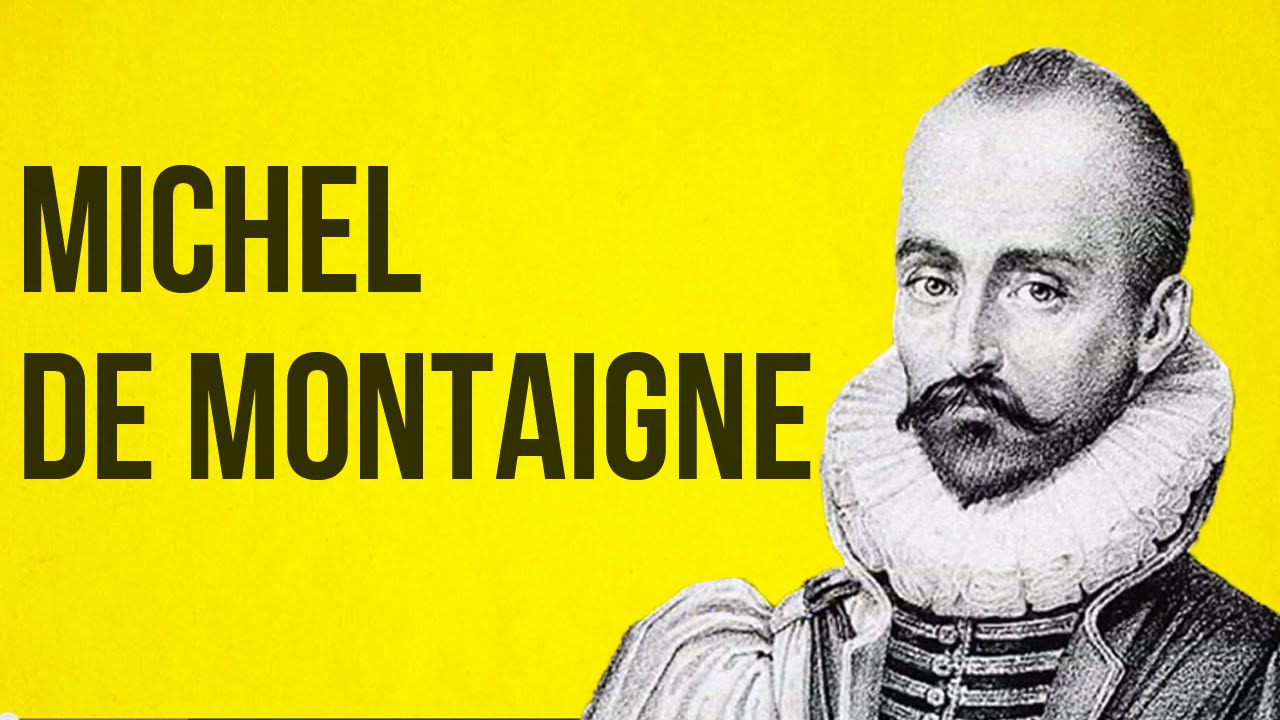Montaigne argues that the aim of life is pleasure.
What does he mean by this?
In his essay, To Philosophize Is to Learn How to Die, Montaigne writes, “Even in virtue, our ultimate aim – no matter what they say – is a pleasure. I enjoy bashing people’s ears with that word which runs so strongly counter their minds.” (Montaigne 90).
In that piece, he uses conformity of behavior to moral principles to open understanding in his audience. Virtue is a manifestation of moral excellence. Montaigne uses it as an example to convey that no matter the specific course of action taken, the result is always aligned to leave us contented.
Why does Montaigne argue that everything we do is geared towards pleasure?
Montaigne lays this argument and genuinely supports it by using repentance as an example.
“Since we reckon that obstacles serve as a spur to that pleasure and as a seasoning to its sweetness (because in nature, contraries enhance contraries), we are quite wrong to say that when we turn to virtue, identical obstacles, and difficulties overwhelm her, making her austere and inaccessible.” (Montaigne 90)
Montaigne’s explanation suggests that with virtue – the ultimate good – it is much harder to bypass the obstacles and reach the desired end goal. However, he writes that the same obstacles to experience should strengthen and add flavor to the anticipated pleasure.
I had vowed to pursue a path to fitness and a healthy lifestyle for a long time. I made that decision when I was obese with no confidence in my physical being. My goal was to achieve an average body weight in one year. I invested much time in exercising, and after three months, I was in pain with no improvement.
Digging deeper into health-related information, I found that losing weight is an affordable endeavor for obese people when you supplement it with fasting. It was hard in my initial days, but it got way more manageable than I thought after several weeks of practice. I started experiencing progress. I began fitting into my old clothes.
Looking at Montaigne claims, “I want us to be doing things, prolonging life’s duties as much as we can; I want Death to find me planting my cabbages, neither worrying about it (Death) nor the unfinished gardening,” (Montaigne 99), I got inspired, which catalyzed my drive to attain my fitness goal.
As I worked to achieve my goals, the constant vigilance and focus on my improvement felt like attending to cabbages. It was not a one-day experience that is good at the moment but dries off to death like a rose. It was a cabbage. It served me as I put in the work and tolerated the pain that came with it without caring about the result but the result caring about me.
Reference
Montaigne, M. (1958). To philosophize is to learn how to die. In D. Frame (Trans.), The complete essays of Montaigne (pp. 90-97). Stanford University Press.




